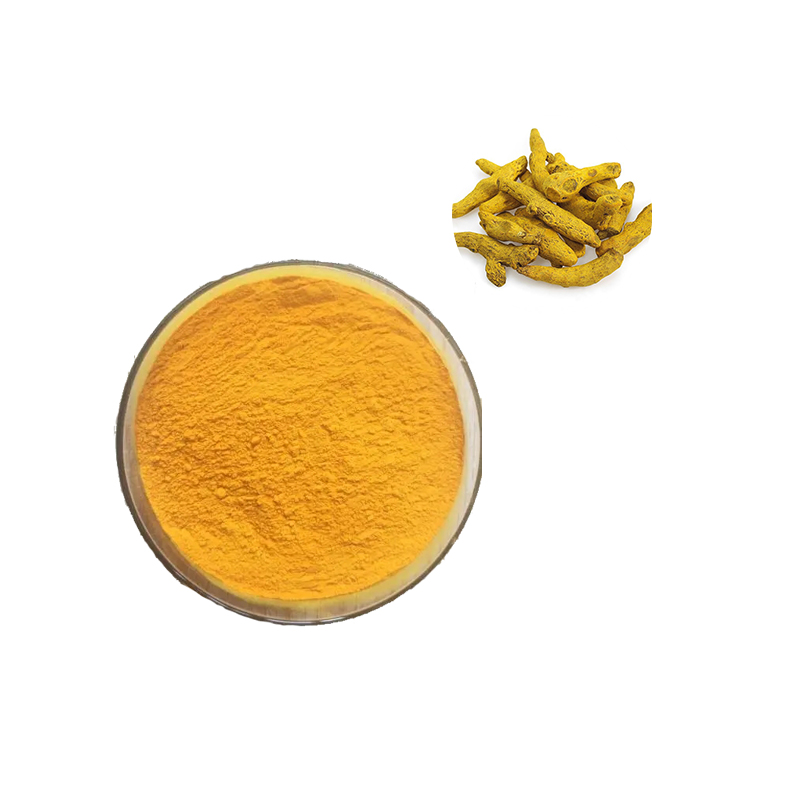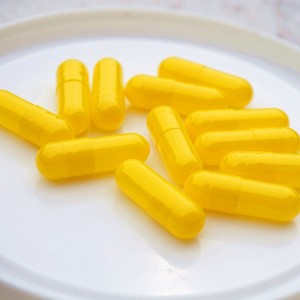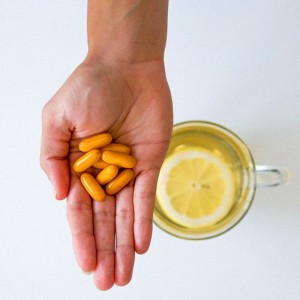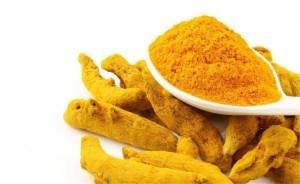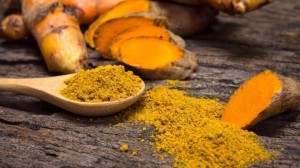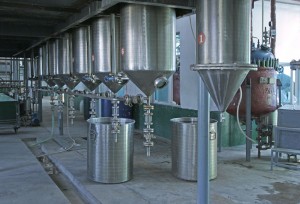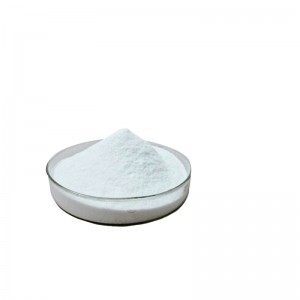Curcumin, Turmeric extract, Turmeric Oleoresin
What is Curcumin extract?
Curcumin is a bright yellow chemical produced by Curcuma longa plants. It is the principal curcuminoid of turmeric (Curcuma longa), a member of the ginger family, Zingiberaceae. It is used as an herbal supplement, cosmetics ingredient, food flavoring, and food coloring.
Curcumin is one of three curcuminoids present in turmeric, the other two being desmethoxycurcumin and bis-desmethoxycurcumin.
Curcumin is obtained from the dried rhizome of the turmeric plant, which is a perennial herb that is cultivated extensively in south and southeast Asia.
Curcumin, a polyphenol with anti-inflammatory properties, can abate pain, depression, and other problems related to inflammation. It can also increase the body’s production of three antioxidants: glutathione, catalase, and superoxide dismutase.
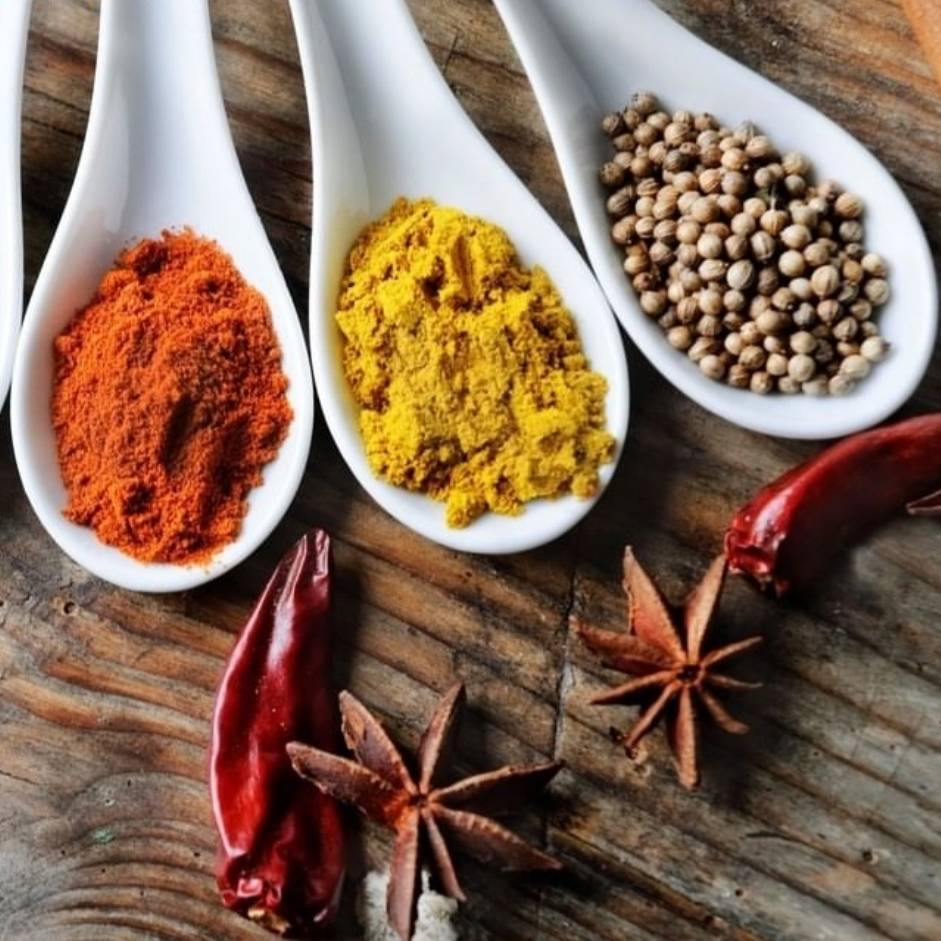
Ingredients:
Curcumin
Turmeric oleoresin
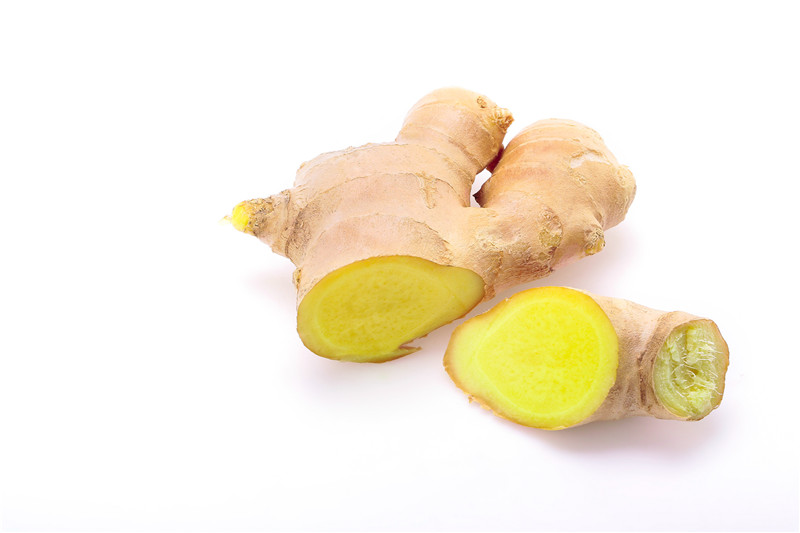
Main Specifications:
Curcumin 95% USP
Curcumin 90%
Turmeric extract Feed grade 10%, 3%
Technical Parameters
| Items | Standard |
| Appearance | Orange-yellow Powder |
| Odor | Characteristic |
| Taste | Astringent |
| Particle Size 80 mesh | Not less than 85.0% |
| Identification | Positive by HPLC |
| By IR spectrum | The IR spectrum of sample is concordant with that of standard |
| Assay测定 | Total Curcuminoids ≥95.0% |
| Curcumin | |
| Desmethoxy Curcumin | |
| Bisdemethoxy Curcumin | |
| Loss on Drying | ≤ 2.0% |
| Ash | ≤ 1.0 % |
| compacted density | 0.5-0.8 g/ml |
| Loose Bulk Density | 0.3-0.5 g/ml |
| Heavy Metals | ≤ 10 ppm |
| Arsenic (As) | ≤ 2 ppm |
| Lead (Pb) | ≤ 2 ppm |
| Cadmium(Cd) | ≤0.1ppm |
| Mercury (Hg) | ≤0.5ppm |
| Solvent Residue | —— |
| Pesticide Residue | Conform to EU regulation |
| Total Plate Count | < 1000 cfu/g |
| Yeast and Mold | < 100 cfu/g |
| Escherichia Coli | Negative |
| Salmonella/25g | Negative |
Storage:
Store in a cool, dry place and keep away from direct strong light.
Applications
Curcumin is a yellow pigment found primarily in turmeric, a flowering plant of the ginger family best known as a spice used in curry. It’s a polyphenol with anti-inflammatory properties and the ability to increase the amount of antioxidants that the body produces.

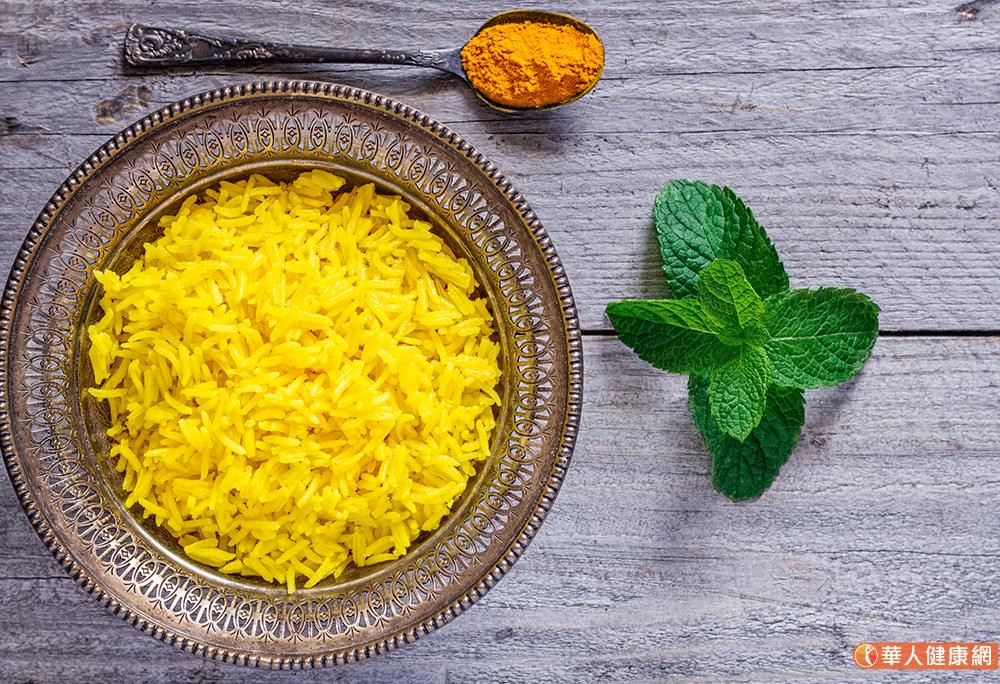
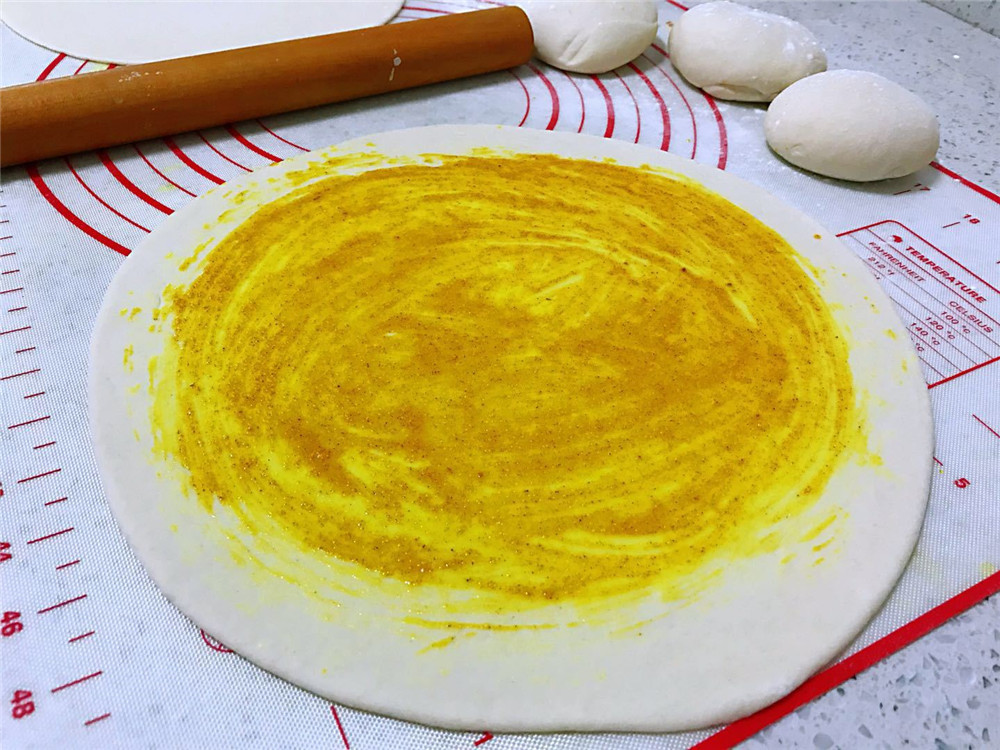
Research suggests curcumin improves biomarkers associated with knee osteoarthritis, ulcerative colitis, elevated triglyceride levels, type 2 diabetes, atherosclerosis, and nonalcoholic fatty liver disease.
